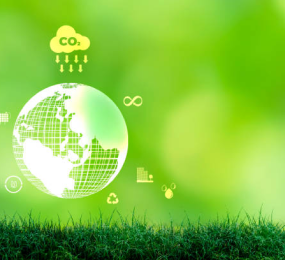The Environmental Impact of e-Fuels: Assessing Lifecycle Emissions
E-fuels, also known as electrofuels, are synthesized from renewable electricity, water, and captured carbon dioxide, presenting a promising alternative to traditional fossil fuels. However, assessing their environmental impact requires a comprehensive evaluation of their lifecycle emissions, which encompass production, distribution, and end-use phases. While e-fuels have the potential to significantly reduce greenhouse gas emissions, their actual benefits depend heavily on the carbon intensity of the electricity used in their production.
If renewable energy sources like wind, solar, or hydropower are employed, e-fuels can offer a near-zero carbon footprint during the production phase. However, if fossil fuels dominate the energy mix, the environmental benefits diminish substantially. Additionally, the efficiency of e-fuel production processes is currently lower compared to direct electrification methods, leading to higher energy consumption and potentially greater indirect emissions.
Moreover, the distribution and end-use phases of e-fuels also contribute to their overall environmental impact. Transporting e-fuels involves energy expenditures and potential emissions, while combustion in engines, although cleaner than fossil fuels, still produces some pollutants.
In conclusion, the environmental impact of e-fuels is largely contingent on the sources of electricity used and the efficiency of the production and distribution processes. Policymakers must therefore ensure the alignment of e-fuel development with renewable energy expansion to maximize their environmental benefits.
Visit our website to know more: https://www.leadventgrp.com/events/world-e-fuel-summit/details
For more information and group participation, contact us: [email protected]
Leadvent Group - Industry Leading Events for Business Leaders!
www.leadventgrp.com| [email protected]
















